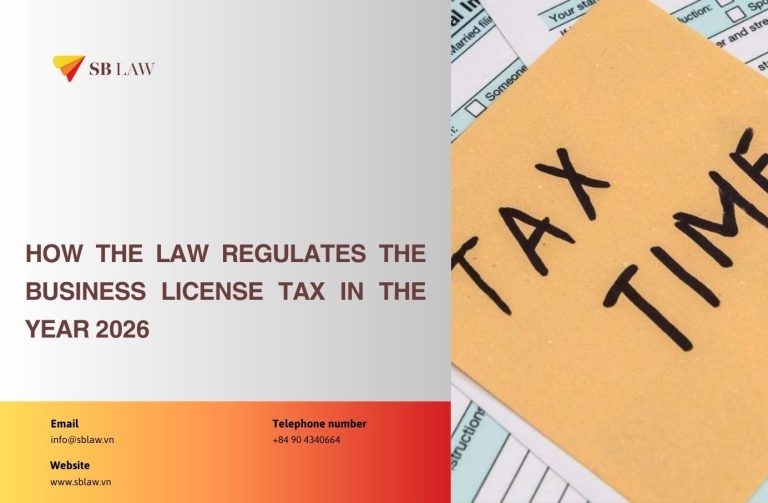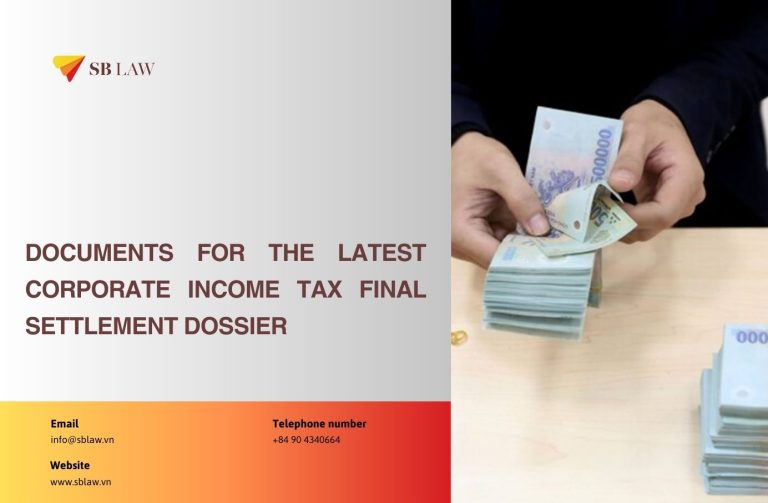Question:
My Company is collaborating with an Enterprise from the United States. In the cooperation agreement between the two parties, the US Enterprise has included a clause requiring "When an employee leaves the company, the employee shall execute a commitment with my Company that they will not work for competitors". Under Vietnamese law, may my Company implement this clause?

Answer:
The requirement by employers for employees to execute post-employment commitments not to work for competitors has legal basis and may be considered lawful, provided certain statutory conditions are met. Clause 2, Article 21 of the Labor Code 2019 provides:
"Article 21. Contents of labor contracts
- Where an employee performs work directly related to trade secrets or technological secrets as prescribed by law, the employer shall have the right to agree in writing with the employee on the contents and duration of protection of trade secrets and technological secrets, benefits and compensation in case of violations."
The aforementioned agreement may include clauses requiring employees not to work for competing enterprises for a specified period following termination of the employment contract. Concurrently, the Civil Code 2015 also recognizes the principles of freedom and voluntary commitment and agreement between parties, provided they do not violate prohibitions of law and are not contrary to social morality.
Furthermore, judicial practice has also recognized the legality of such agreements. Precedent No. 69/2023/AL adopted by the Council of Judges of the Supreme People's Court on August 18, 2023, and promulgated under Decision No. 364/QD-CA dated October 1, 2023, of the Chief Justice of the Supreme People's Court serves as a example. In the case set forth in this precedent, the Arbitral Tribunal issued an award requiring a former employee to compensate for damages due to violation of the commitment not to work for competing enterprises within 12 months from the date of resignation. This award was recognized by the competent court and became final and enforceable, without appeal or protest.
However, it must be understood that the application of non-competition agreements may directly affect employees' right to choose employment, particularly if such agreements are imposed, lack transparency, or have excessively broad temporal and geographical scope. Under Clause 1, Article 10 of the Labor Code 2019, employees have the right to "freely choose employment, work for any employer and at any place not prohibited by law." Additionally, Clause 6, Article 9 of the Employment Law 2013 strictly prohibits all acts that "obstruct, create difficulties for, or cause damage to the legitimate rights and interests of employees and employers." Accordingly, if non-competition agreements are established with absolute prohibitions without basis in legitimate interests requiring protection (such as trade secrets, technological secrets, etc.), they may easily be deemed to infringe upon employees' legitimate right to work and may be unenforceable.
Therefore, agreements with employees regarding non-employment with competing companies constitute a legal mechanism that may be considered lawful if properly established in accordance with regulations. However, to minimize the risk of court invalidation, the Company must exercise caution in developing and implementing such agreements. Such agreements should only apply to sensitive positions with access to or possession of confidential information, and the period during which employees are restricted from working for competing companies may be 12 months as specified in Precedent No. 69/2023/AL. To mitigate risks or facilitate the Company's contract negotiations, the contract may additionally specify benefits that employees shall receive when bound by this clause.
Consultation: Labor Law Services




